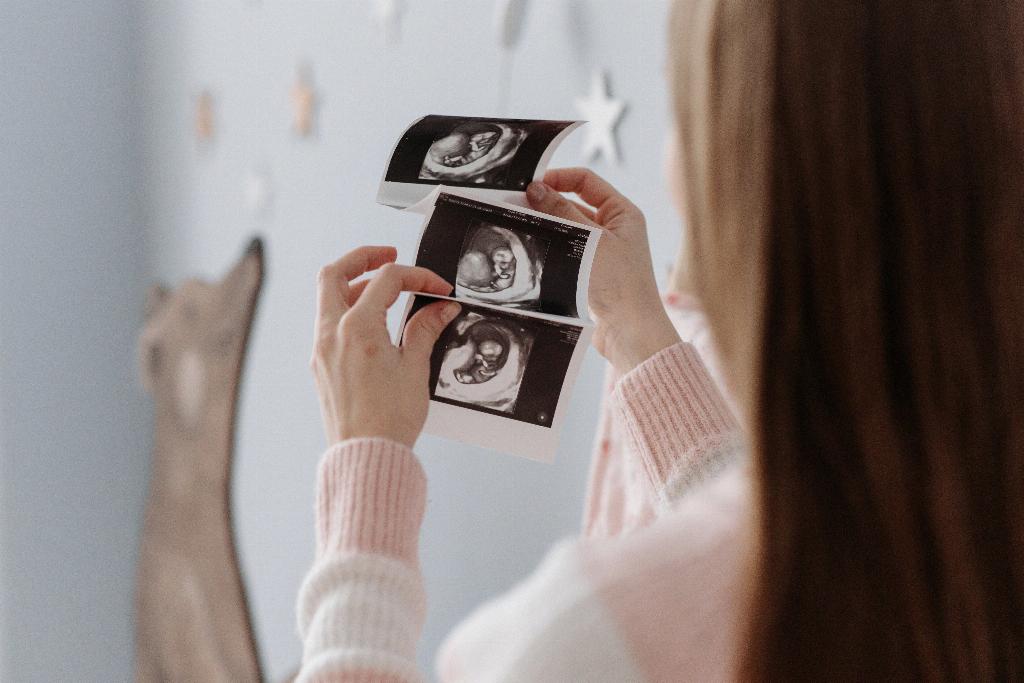One of the first things many women consider after finding out they are pregnant is when to schedule their first prenatal appointment. It is crucial to see a doctor early on in your pregnancy to ensure the best possible care for you and your baby.
Importance of the First Prenatal Appointment
The first prenatal appointment is a vital step in monitoring the health and development of your pregnancy. During this initial visit, your healthcare provider will assess your overall health, provide you with important information about prenatal care, and determine your due date.
Timing of the First Prenatal Appointment
Generally, women are advised to schedule their first prenatal appointment around 6 to 12 weeks after a missed period. This timing allows the healthcare provider to perform necessary tests and screenings to ensure the health of both the mother and baby.
Reasons to See a Doctor Early
Seeing a doctor early in your pregnancy allows for the early detection of any potential issues or complications. It also provides an opportunity to discuss any concerns or questions you may have about your pregnancy.
Monitoring Your Pregnancy
Regular prenatal check-ups are essential for monitoring the progress of your pregnancy. These appointments allow the doctor to track the growth and development of the baby, as well as screen for any potential health concerns.
Establishing a Care Plan
During your first prenatal appointment, your healthcare provider will work with you to establish a comprehensive care plan for your pregnancy. This may include discussing nutrition, exercise, and prenatal vitamins.
Diagnostic Tests
Early prenatal appointments often include diagnostic tests to assess the health of the mother and baby. These tests can help identify any potential issues that may require further monitoring or treatment.
Building a Relationship with Your Healthcare Provider
Establishing a relationship with your healthcare provider early in your pregnancy allows for open communication and trust throughout your prenatal care. It also ensures that you have a healthcare professional to turn to for support and guidance.
Understanding Your Pregnancy
Seeing a doctor early on in your pregnancy provides you with the information and resources you need to understand and navigate this important time in your life. Your healthcare provider can answer any questions you have and provide guidance on what to expect.
Support and Guidance
Seeing a doctor soon after finding out you are pregnant gives you access to the support and guidance you need to have a healthy and successful pregnancy. Your healthcare provider can offer advice on lifestyle choices, prenatal care, and preparing for childbirth.
Peace of Mind
By scheduling your first prenatal appointment promptly after finding out you are pregnant, you can have peace of mind knowing that you are taking the necessary steps to ensure a healthy pregnancy and delivery. Early prenatal care sets the foundation for a positive pregnancy experience.
Conclusion
Overall, it is recommended to see a doctor around 6 to 12 weeks after a missed period if you find out you are pregnant. This early appointment is crucial for monitoring the health of both you and your baby, establishing a care plan, and receiving the support and guidance you need throughout your pregnancy journey.

